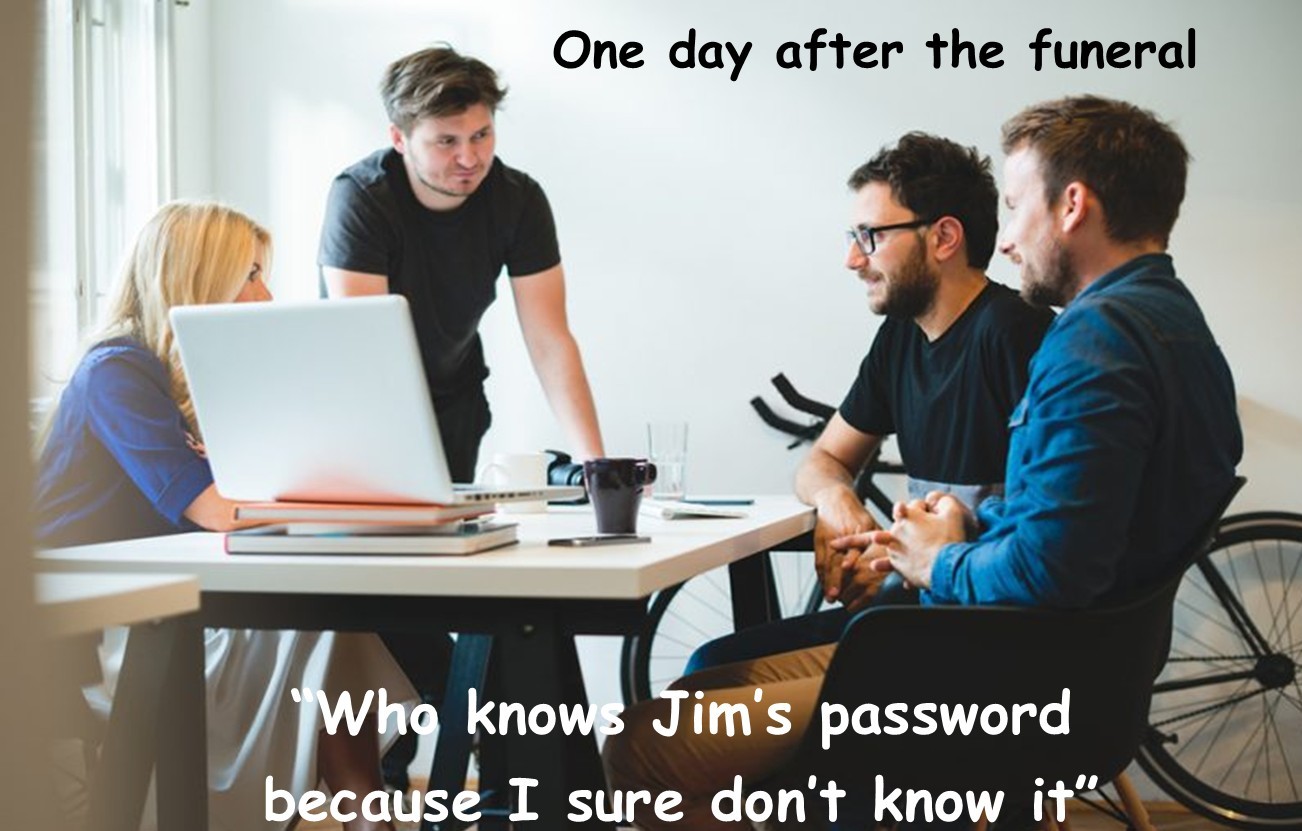A personal conversation about the industry’s biggest unspoken risk
“I’ll Get to That Later” – The Most Dangerous Thought in Business
You’ve spent years—maybe decades—building your offsite construction business. Maybe you run a modular home factory, a component manufacturing shop, or a panelized wall system operation. You’ve weathered economic downturns, labor shortages, and supply chain nightmares. You’re the heart of the business—the one who makes the decisions, keeps customers happy, and ensures production stays on track.
But what happens if, suddenly, you’re not there?
It’s a thought most business owners push to the back of their minds. “I’ll deal with that later.” After all, you’re still healthy. You love what you do. You’re not ready to retire, let alone think about being replaced.
And yet, if you were to pass away tomorrow, what would happen to your business? Would it continue smoothly under new leadership? Or would confusion, panic, and uncertainty set in?
This isn’t just a hypothetical. I’ve seen it happen—businesses that seemed rock-solid, built by industry legends, completely fall apart overnight because there was no plan for what comes next.
The Business Owner Who Never Had a Plan
Let me tell you about Jim, a respected owner of a modular home factory in the Midwest. Jim was a hands-on guy. He knew everything about his business—production schedules, customer contracts, supplier relationships. He was proud of the fact that he could walk into the factory and fix a problem before anyone else even saw it coming.
But Jim never put a succession plan in place. He figured he had plenty of time.
Then, at 64, Jim suffered a fatal heart attack. His family was devastated. His employees were shell-shocked. His factory? It was in chaos.
Without Jim, no one knew:
✅ Who was supposed to take over?
✅ Where were key financial documents stored?
✅ What deals were in progress or needed immediate action?
✅ How to manage supplier contracts or outstanding loans?
Within six months, the factory was struggling. Employees started leaving. Loyal customers got nervous and took their business elsewhere. The company that had taken Jim a lifetime to build was sold off—at a fraction of what it was worth—because there was no clear transition plan.
And the worst part? It was completely preventable.
The Brutal Truth: Your Business Will Move On Without You
If you think your employees, partners, or even family members will magically step up and figure it out after you’re gone, you’re fooling yourself. The truth is:
Your business will move on. But whether it survives or collapses depends on what you do now.
I’ve spoken with plenty of modular and offsite business owners who say, “My team knows what to do.” But when I ask:
“Do they know who takes over as the final decision-maker?” – silence.
“Do they have the passwords, the contracts, the financial records?” – more silence.
“Does your family know what to do if something happens to you?” – silence turns into nervous laughter.
The reality is, most businesses in our industry don’t have a real succession plan. And it’s not just older owners—younger business owners also assume they have decades before they need to think about this.
The Three Myths That Keep Owners From Planning
If you’ve been avoiding this conversation, you’re not alone. Most owners put off succession planning because of these three myths:
1. “I Have Plenty of Time.”
You might. But what if you don’t? Accidents, health scares, and unexpected events don’t follow a schedule.
2. “My Family Will Handle It.”
Maybe. But have you given them the tools to do so? Do they even want the responsibility? Many children of offsite business owners have no interest in running the company, and assuming otherwise can be dangerous.
3. “My Employees Know What to Do.”
They know how to do their jobs. But do they know how to run the business? There’s a big difference. If you haven’t formally named and prepared a successor, your business could be left directionless in a crisis.
How to Protect What You’ve Built
The good news? You can fix this today. It’s not as complicated as you think. Here are the first three steps every offsite construction business owner should take:
Step 1: Identify Your Successor
- If you plan to hand the business to family, have an honest conversation to see if they’re actually interested.
- If you plan to sell or transition to a key employee, start mentoring them now—not five years from now.
- If you plan to sell to an outside buyer, research your options early so you don’t have to rush a sale later.
Step 2: Get Your Financials in Order
- Make sure your financial documents are organized and accessible.
- If you have partners, put a buy-sell agreement in place to avoid disputes.
- Work with a financial advisor to understand the value of your business so your family or successors aren’t scrambling.
Step 3: Write It Down
- A plan that exists only in your head is worthless.
- Outline who takes over, what happens to assets, and how decisions will be made.
- Involve your leadership team early so they’re prepared.
Don’t Let Your Life’s Work Disappear
I’ve been in this industry long enough to see brilliant businesses disappear because owners waited too long to plan their exit.
I’ve also seen companies thrive after a founder’s passing—because that founder had a plan.
You don’t need a lawyer tomorrow. You don’t need a five-inch-thick document gathering dust in a drawer. But you do need a basic, actionable plan that protects your business, your employees, and your family.
Because the only thing worse than leaving your business behind… is leaving behind a mess that no one knows how to fix.
So, what’s your plan?
.
Gary Fleisher, The Modcoach, writes about the modular and offsite construction industry at Modular Home Source.
.
CLICK HERE to read the latest edition
Contact Gary Fleisher












